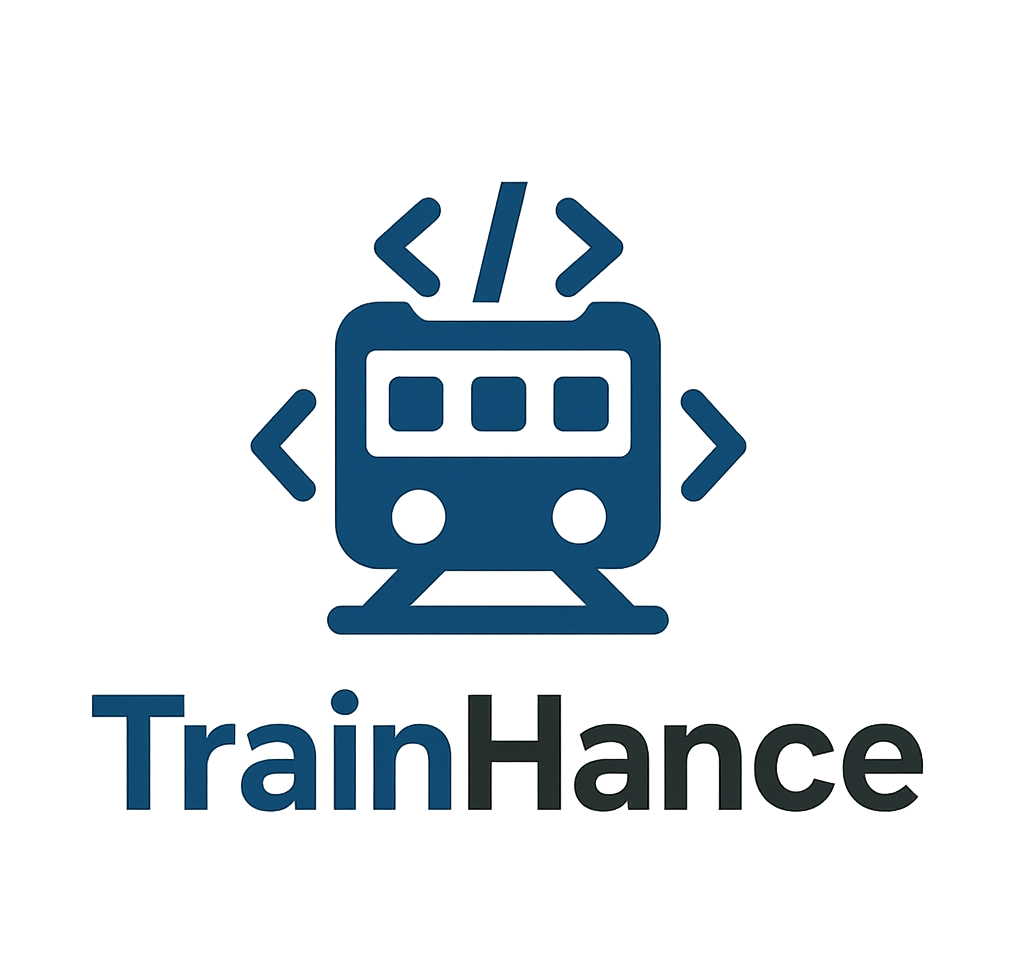Top 10 IT Jobs in the Banking Domain (India, UK, US)
The banking and financial services industry (BFSI) stands at the forefront of digital transformation. With customers seeking seamless experiences and regulators demanding stricter compliance, IT professionals play an essential role in modernizing banking operations. From backend development to mobile app creation, the demand for IT talent spans across India, the UK, and the US.
This article uncovers the Top 10 IT jobs in the banking domain that are crucial for both banks and IT professionals looking to thrive in this dynamic sector.
Table of Contents
- Java Backend Developer – Banking APIs
- Business Analyst – Banking Workflow & Compliance
- QA/Automation Tester – BFSI Test Cases
- DevOps Engineer – Secure CI/CD Pipelines for Banks
- ETL/Data Engineer – Reporting & Fraud Analysis
- Cybersecurity Engineer – Banking Apps
- Core Banking System Admin – Finacle/Flexcube
- API Developer – Open Banking (PSD2, UPI)
- Mobile Banking App Developer
- Cloud Architect – BFSI Migration to AWS/Azure
1. Java Backend Developer – Banking APIs
Why It’s Important
Java backend developers are instrumental in building robust banking APIs that power real-time transactions, platform integrations, and customer onboarding processes.
Skills Required
- Proficiency in Java frameworks such as Spring Boot and Hibernate.
- Knowledge of RESTful APIs, microservices, and multithreading.
- Experience with performance tuning and database operations.
Example Role
A backend developer working for a bank might design APIs to secure interbank fund transfer systems or integrate mobile wallets with core banking platforms.
Pro Tip: Learning cloud-native Java tools (such as Quarkus or Micronaut) can give professionals a competitive edge as banks adopt cloud-based architectures.
2. Business Analyst – Banking Workflow & Compliance
Why It’s Important
Business analysts act as a bridge between IT teams and banking operations, ensuring that workflows align with both technical requirements and compliance regulations.
Key Responsibilities
- Document workflows for operational processes like lending, deposits, and reconciliations.
- Partner with IT teams to map functional requirements for new regulatory demands such as GDPR or PSD2.
- Conduct gap analysis to ensure software solutions eliminate inefficiencies.
Pro Tip: Analytical, communication, and domain skills are vital. Certifications like CBAP (Certified Business Analysis Professional) can be advantageous.
3. QA/Automation Tester – BFSI Test Cases
Why It’s Important
Quality Assurance (QA) ensures that banking software is reliable and secure, minimizing the risk of errors during real-world use.
Key Testing Areas
- Payment gateways, transaction accuracy, and fund reconciliation mechanisms.
- Penetration tests to identify potential vulnerabilities.
- Performance testing under high transaction loads.
Skills Needed
- Proficiency in test automation frameworks like Selenium, JUnit, or Cucumber.
- Experience with BFSI-specific testing tools (e.g., TOSCA).
- Understanding end-to-end banking workflows to design test cases effectively.
4. DevOps Engineer – Secure CI/CD Pipelines for Banks
Why It’s Important
Fast and secure deployment pipelines are critical in banking to ensure systems remain up-to-date while adhering to compliance standards. DevOps engineers build CI/CD (Continuous Integration/Continuous Deployment) pipelines with security at the core.
Key Tasks
- Automate software deployments to reduce downtime during updates.
- Secure pipelines by integrating vulnerability scanners like SonarQube into workflows.
- Work with multiple environments (Dev, UAT, Production) to ensure quality at every stage.
Recommended Tools
Docker, Kubernetes, Jenkins, and Ansible are essential for this role.
5. ETL/Data Engineer – Reporting & Fraud Analysis
Why It’s Important
Data is the lifeblood of banking. ETL (Extract, Transform, Load) data engineers ensure structured and unstructured data is available for analytical or regulatory reporting.
Responsibilities
- Build data pipelines to extract customer transaction data in real-time.
- Develop data warehouses for compliance reporting (e.g., BASEL III).
- Create fraud detection models using big data frameworks like Apache Hadoop and Spark.
Example Use Case
Creating a real-time fraud detection platform by analyzing transaction anomalies and customer behavior.
6. Cybersecurity Engineer – Banking Apps
Why It’s Important
Banks are prime targets for cyberattacks, making it imperative for cybersecurity engineers to stay one step ahead of attackers.
Responsibilities
- Secure banking systems using methods like firewalls, encryption, and intrusion detection systems.
- Assess networks for vulnerabilities and perform penetration tests.
- Respond to security breaches by implementing corrective measures.
Certifications to Consider:
CISSP (Certified Information Systems Security Professional) or CISA (Certified Information Systems Auditor).
7. Core Banking System Admin – Finacle/Flexcube
Why It’s Important
System administrators ensure that core banking systems like Finacle and Oracle FLEXCUBE run without disruptions, providing essential backend stability.
Key Skills
- Managing installations, patches, and updates of CBS software.
- Monitoring uptime and transaction logs across regions.
- Troubleshooting CBS-integrated interfaces (e.g., payment gateways).
8. API Developer – Open Banking (PSD2, UPI)
Why It’s Important
Open banking initiatives, such as PSD2 in Europe and UPI in India, are reshaping the banking industry. API developers ensure compliance with these open standards while creating customer-centric services.
Skills in Demand
- Proficiency in API development tools like Swagger, Postman, and API Gateways.
- Familiarity with regulations governing open banking.
- Experience in microservices design for modular banking applications.
Example
Integrating third-party loan comparison tools with a bank’s API in compliance with PSD2 guidelines.
9. Mobile Banking App Developer
Why It’s Important
With mobile devices becoming customers’ preferred banking platform, app developers drive customer satisfaction and engagement.
Key Competencies
- Expertise in iOS (Swift) or Android (Kotlin) development.
- Design seamless UX/UI tailored for secure banking applications.
- Implement functionality like biometric authentication, payment scheduling, and P2P transfers.
Pro Tip: Knowledge of mobile app scanning tools like AppScan ensures better security for mobile wallets.
10. Cloud Architect – BFSI Migration to AWS/Azure
Why It’s Important
Banks globally are migrating their infrastructure to cloud providers like AWS and Azure for scalability, cost optimization, and agility.
Key Responsibilities
- Architect hybrid cloud setups that ensure compliance with banking regulations.
- Implement cloud-native services like databases (AWS RDS or Azure CosmosDB).
- Design disaster recovery and failover strategies tailored to BFSI needs.
Example
Migrating CBS workloads from on-premise data centers to AWS Outposts to maintain low latency for critical transactions.
FAQs
What are the highest-paying IT roles in banking?
Roles like cloud architect, cybersecurity engineer, and Java backend developer typically offer salaries in the range of $120,000 to $160,000 annually in the US.
What skills should IT professionals develop for BFSI roles?
Key skills include API development, cloud architecture, security, and domain expertise in banking workflows.
Are IT jobs in the banking domain expected to grow?
Yes, the global adoption of digital banking solutions and regulatory technology (regtech) is creating increased demand for IT professionals in the banking sector.
Summary
The banking sector provides diverse opportunities for IT professionals, especially in key regions like India, the UK, and the US. Roles such as cloud architects, backend developers, and cybersecurity experts are integral to building the tech backbone of modern financial institutions. By focusing on domain knowledge and emerging technologies, you can take your career to the next level in this burgeoning space!


